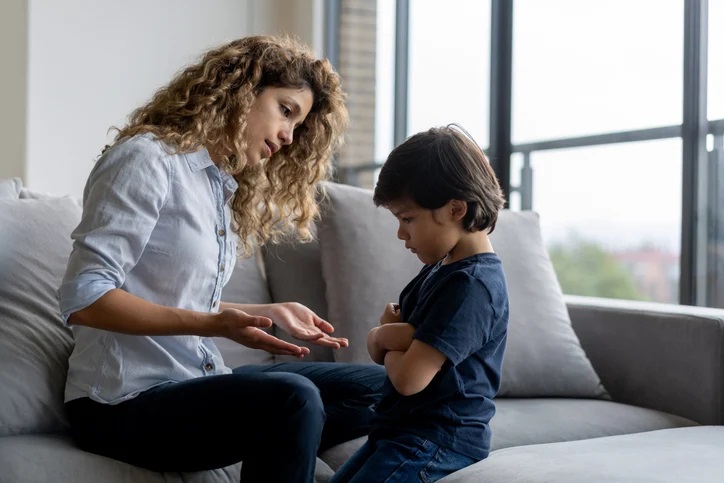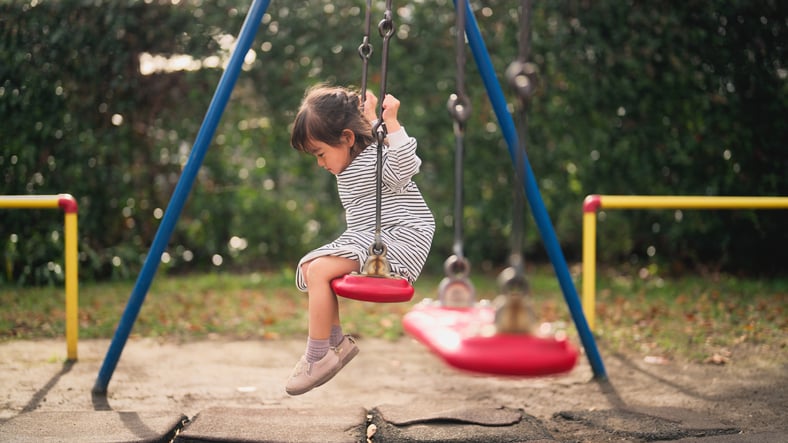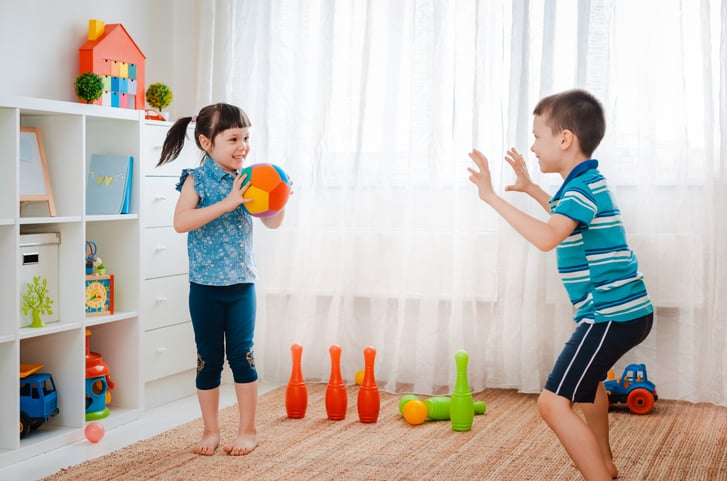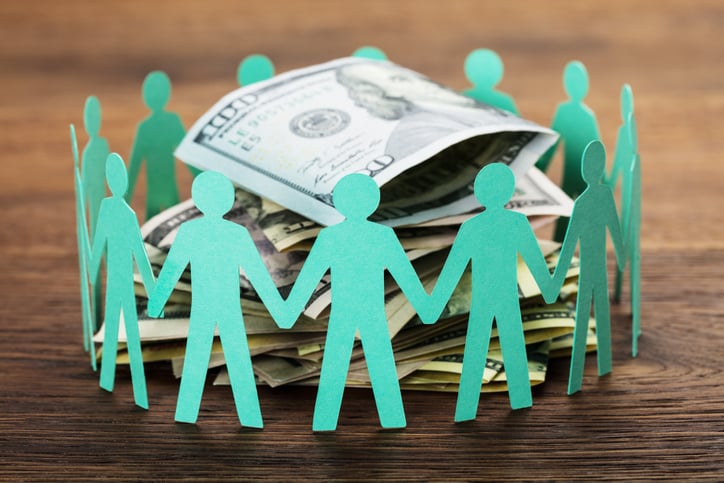Social & Emotional Development of 4-Year-Olds
Observing the social and emotional growth of 4-year-olds reveals a fascinating stage of development, where interactions, feelings, and self-perception evolve into more complex forms. This critical phase is marked by significant milestones that underscore a child's burgeoning empathy, ability to engage in cooperative play, grasp of social norms, nuanced emotional expression, and the development of a distinct self-concept. These elements are foundational to fostering healthy social skills and emotional intelligence, crucial for a child's ongoing well-being and success.
The Landscape of Social and Emotional Growth
At the age of four, children's social and emotional development takes on new depths in empathy, ability to engage in cooperative play, and a deeper grasp of social norms and relationships, all foundational for fostering healthy social skills and emotional intelligence vital for their future.
- Developing Empathy: Four-year-olds start to understand and share the feelings of others, demonstrated by their actions of expressing concern or offering comfort when a friend is upset. This budding empathy is a significant step towards building meaningful relationships and understanding the world from another's perspective.
- Cooperative Play: This age brings about a noticeable shift towards playing collaboratively. Children partake in activities that require sharing, taking turns, and collaborating towards shared objectives, such as participating in group games or jointly constructing a structure with blocks. Cooperative play is crucial for learning teamwork and social negotiation skills.
- Understanding Social Norms: Four-year-olds begin to grasp the basic rules of social interaction and behavior. They start using polite expressions like "please" and "thank you" and understand concepts like taking turns. This understanding of social norms is key to navigating social situations effectively.
- Expressing Emotions: At this stage, children exhibit a more nuanced expression of a wide range of emotions and articulate their feelings better. They start using words to express emotions like sadness or excitement, moving away from purely action-based emotional expressions. This ability to verbalize emotions is essential for emotional regulation and communication.
- Developing Self-Concept: Children form a clearer sense of their own identity, preferences, abilities, and characteristics. Statements like "I'm good at drawing" or "I don't like spinach" reflect their developing self-awareness and confidence in their individuality.
- Managing Emotions: Improved emotional regulation is another hallmark of this age. Four-year-olds begin using strategies like seeking adult help or taking deep breaths when frustrated, showing better control over their emotional responses and reactions in various situations.

What to Watch Out For in Social and Emotional Development
As your 4-year-old blossoms socially and emotionally, it's important to be mindful of signs that might indicate developmental delays in these areas. Social and emotional development is crucial for children's ability to form relationships, express and manage their emotions, and interact effectively within groups. Recognizing potential delays early can lead to timely intervention and support.
Some signs to be observant of include:
- Difficulty Understanding Social Cues: If your child seems to struggle with picking up on or responding to social cues from others, it might indicate a delay.
- Challenges with Conversations: Pay attention if your child has trouble initiating, maintaining, or participating in back-and-forth conversations, as this is a key part of social interaction.
- Limited Emotional Expression or Regulation: Watch for signs of difficulty in expressing emotions appropriately or managing emotional responses to various situations.
- Struggles with Cooperative Play: If engaging in cooperative play with peers is particularly challenging for your child, it may point to a developmental delay.
- Difficulty Adapting Behavior to Different Settings: Children should start to understand how to adjust their behavior based on the setting (e.g., being quieter in a library than on a playground).

Next Steps for Concerns
If you observe any of these signs or have other concerns about your child's social and emotional development, the first step is to discuss these observations with your child's pediatrician. They can offer guidance and, if necessary, refer you to specialists who can provide a more comprehensive evaluation.
Professionals who might be involved include:
- Occupational Therapists: Can assess and support the development of social skills and emotional regulation.
- Child Psychologists or Behavioral Therapists: Specialize in understanding and supporting children's emotional and social development.
- Social Skills Therapists: Offer targeted support to enhance social interaction skills.
In some cases, your child might benefit from participating in a Social Skills Group, which provides a structured environment for children to practice social and emotional skills with their peers, under the guidance of a trained professional. These groups can be a valuable space for children to build confidence, self-esteem, and social competencies.
As a caregiver, promoting your child's social and emotional health starts with observing their development and seeking support when needed. Engaging your child in social activities, modeling healthy emotional expression and regulation, and establishing a stable routine can also provide a solid foundation for their development.
Recognizing and reinforcing social and emotional milestones is vital for caregivers and educators. Encouraging positive social interactions, modeling appropriate emotional expression, and providing support for navigating complex emotions are key strategies in nurturing these developmental achievements. By creating a supportive environment that promotes healthy social and emotional growth, we lay the groundwork for empathy, friendship, self-awareness, and emotional regulation, crucial for a child's personal development and future social interactions.
This article is taken from 5 part series on Developmental Milestones in 4-Year Olds. The other articles in this series include:
- Four Critical Areas of Development for 4-Year-Olds
- Physical Development in 4-Year-Olds
- Cognitive Milestones in 4-Year-Olds
- Social & Emotional Development of 4-Year-Olds (this article)
- Language & Communication in 4-Year-Olds: What to Expect

Angela Nelson, J.D., Ed.M.
Angela Nelson is the creator of the widely-recognized Language Builder Picture Card Series, and the creator and lead author for the Language Builder ARIS curriculum. Angela received her BA and JD from UCLA where she studied and practiced behavior psychology under Dr. Ivar Lovaas, and her Ed.M. at the Harvard Graduate School of Education, with a focus on technology innovation and education. As Founder and CEO of Stages Learning Materials, Angela has created autism, special needs and early childhood curriculum products since 1997. In addition to her duties at Stages, Angela writes for multiple industry publications and is Chair of the Education Market Association.




